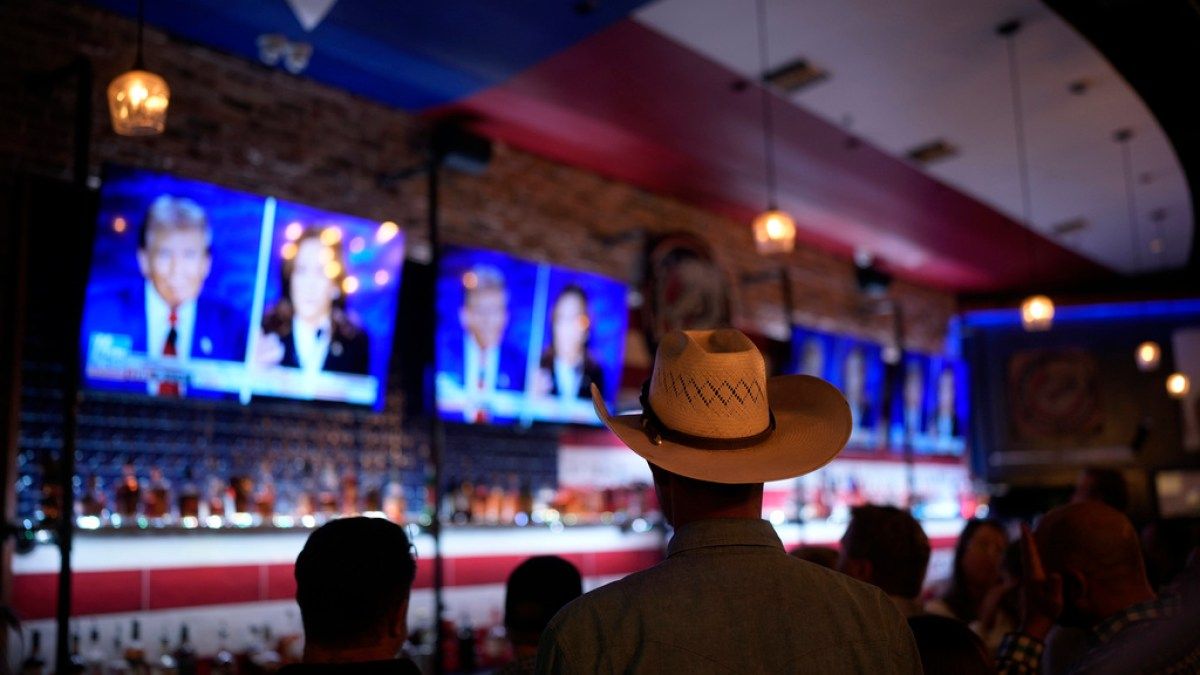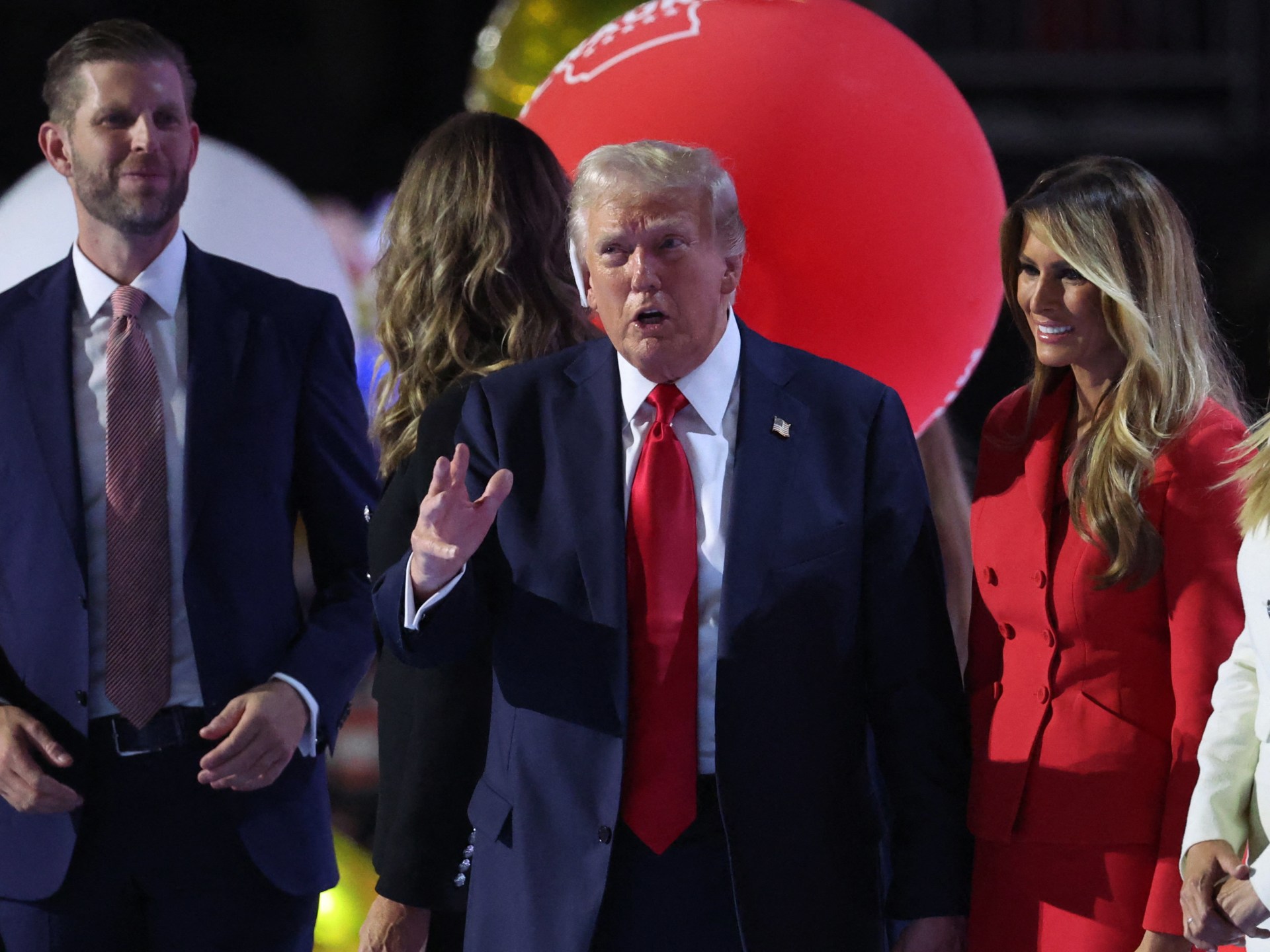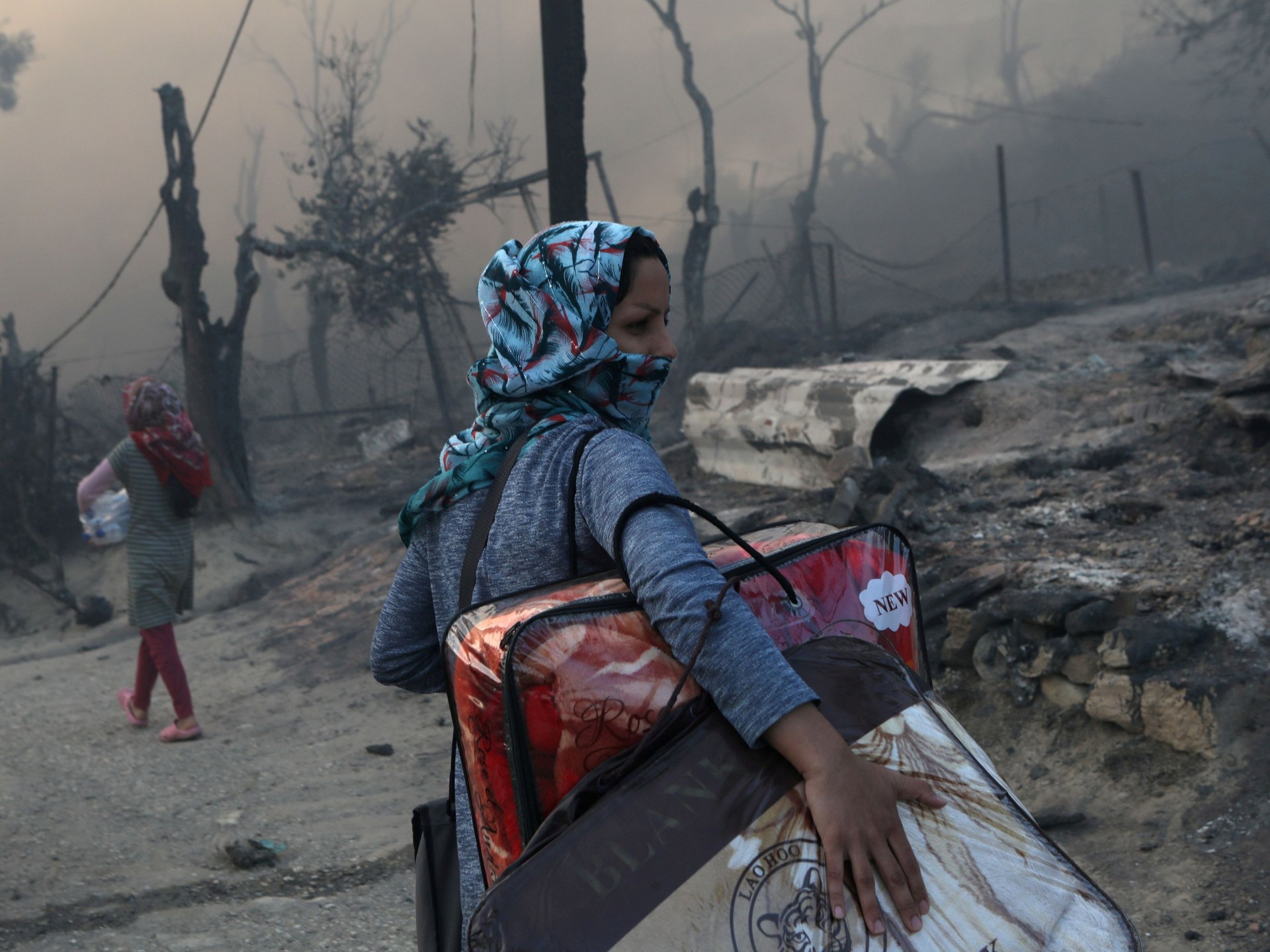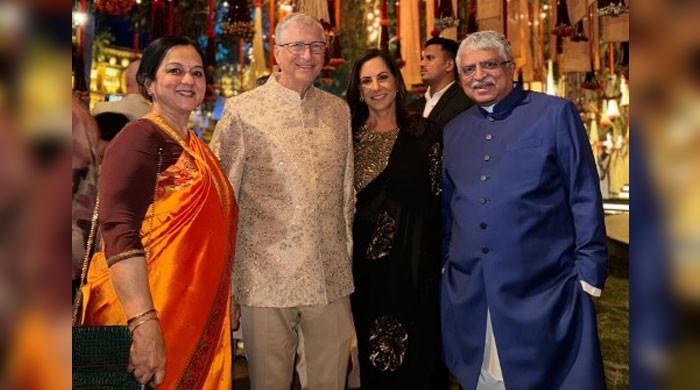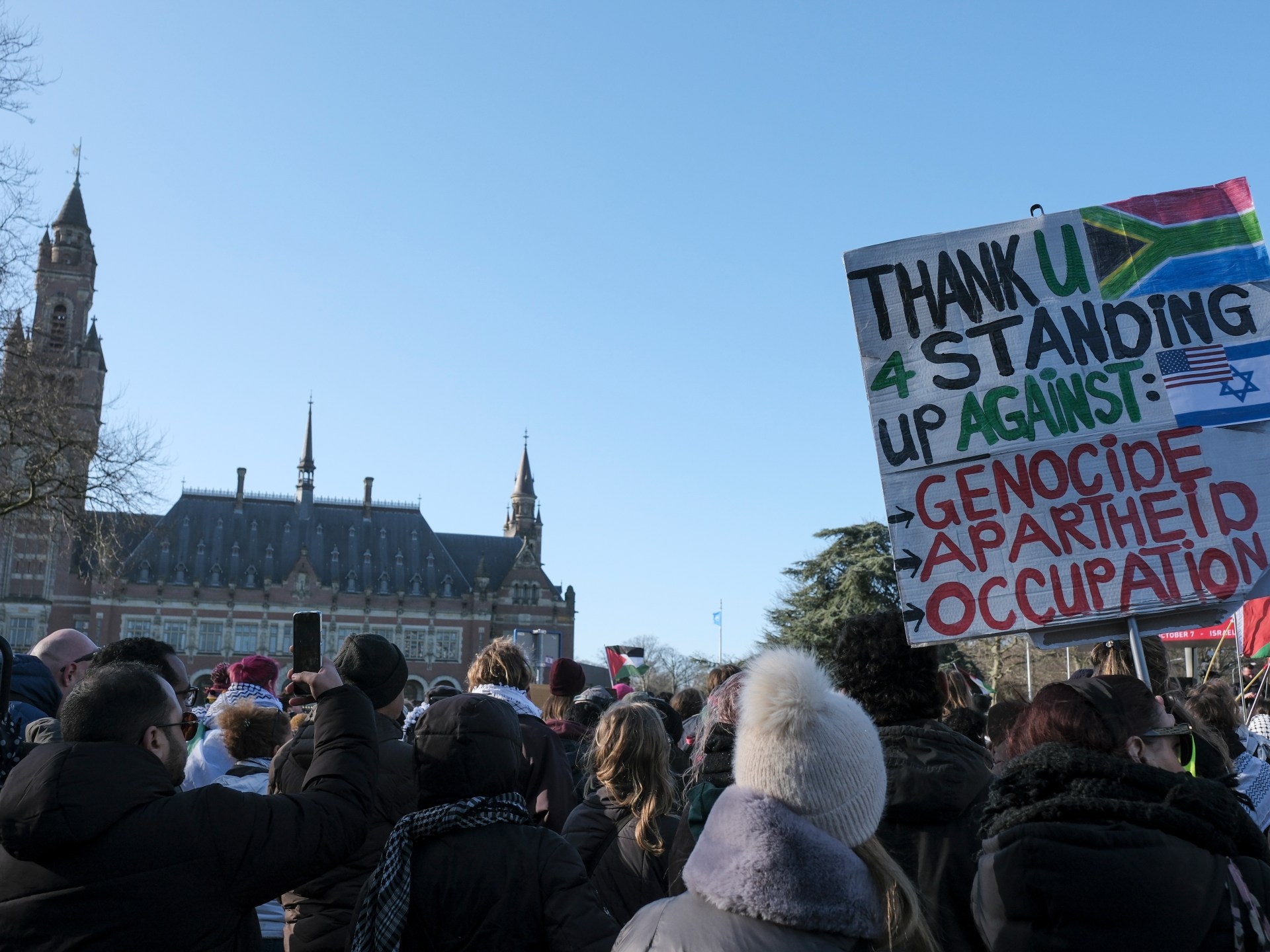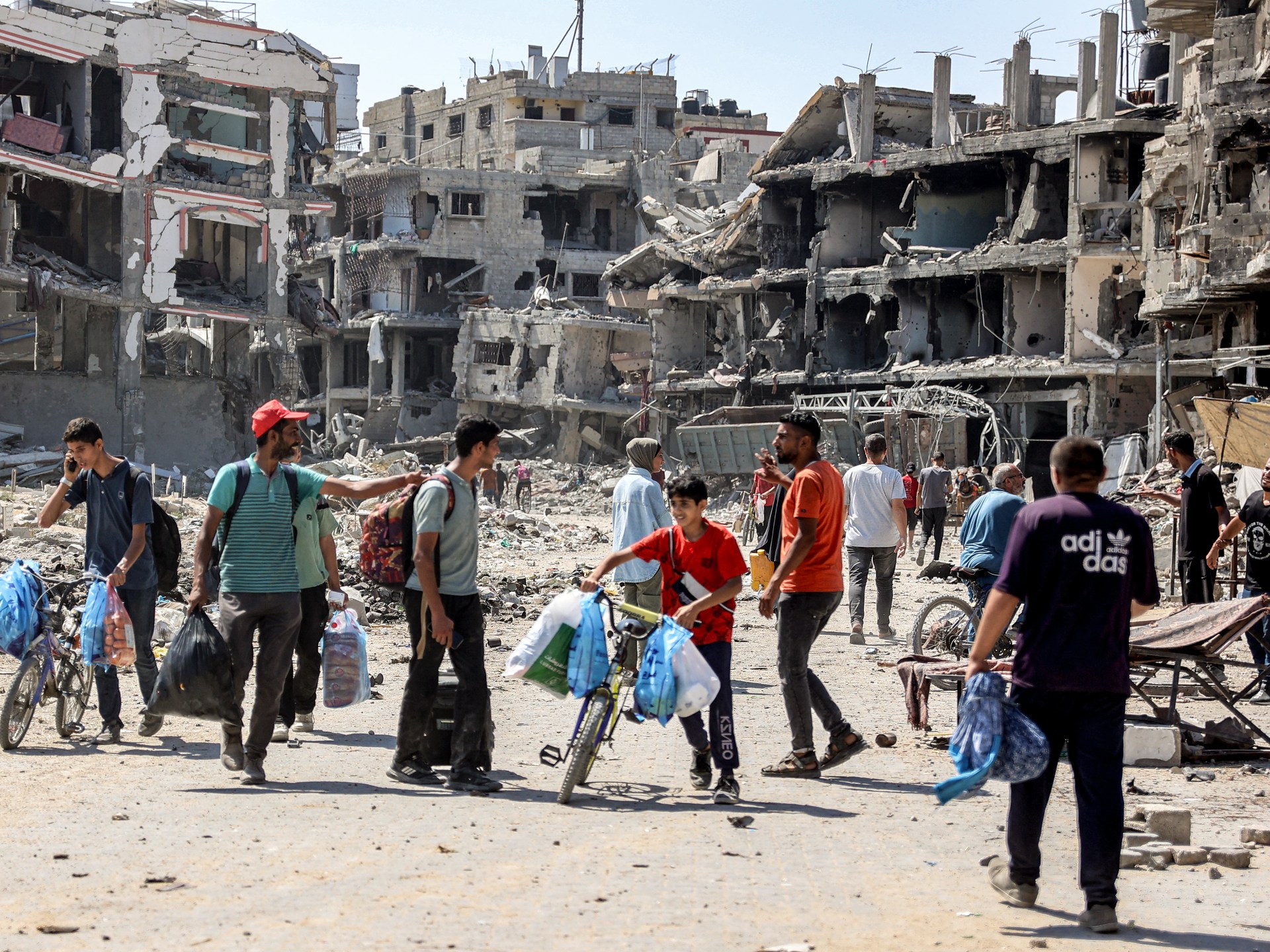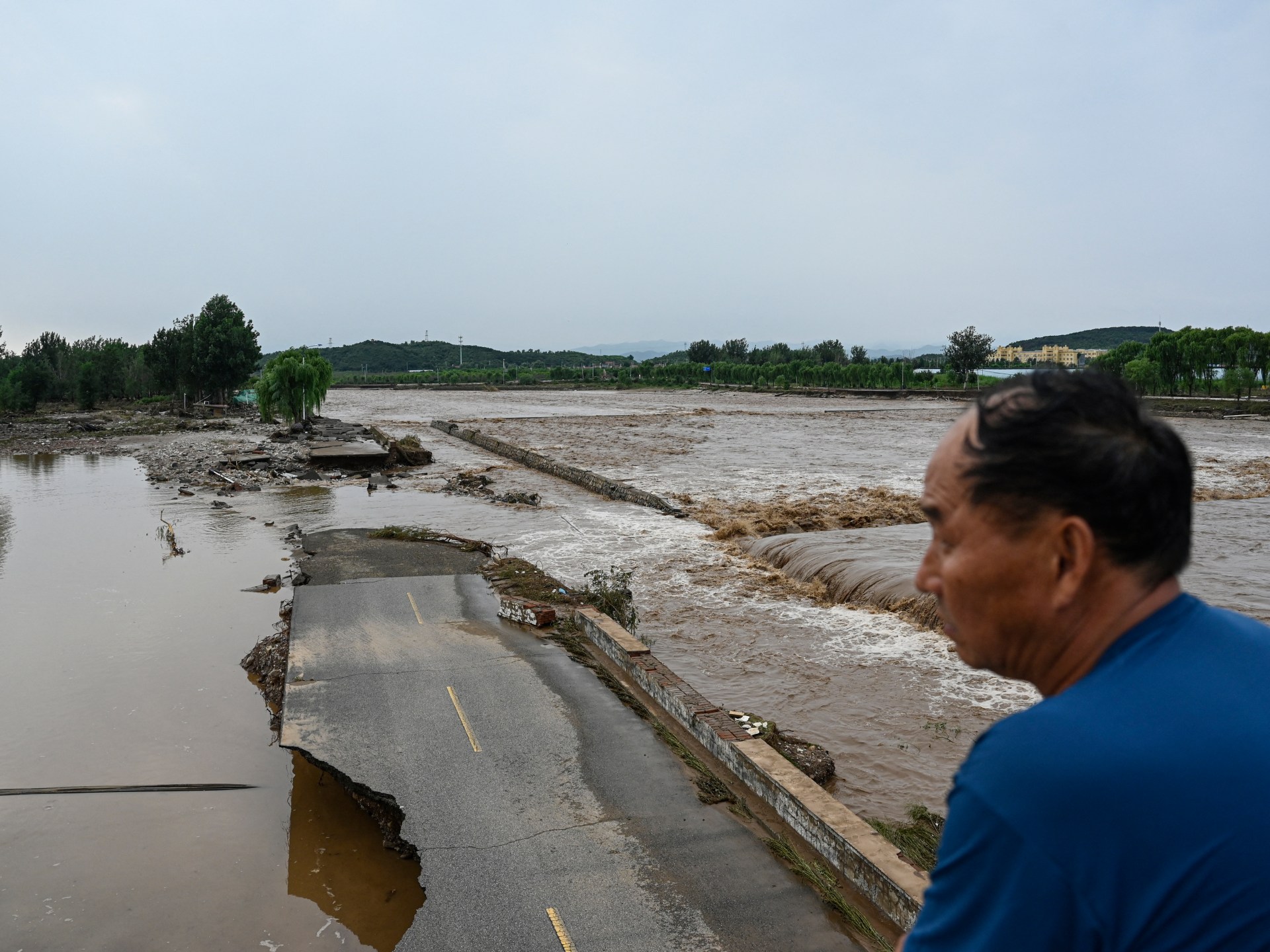In their first presidential debate, former US President Donald Trump and Vice President Kamala Harris accused each other of fueling division in the United States.
The candidates quickly addressed contentious issues, from migration and fracking to Israel's war in Gaza, but there were no groans or enthusiastic applause when both spoke without a live audience at the National Constitution Center (NCC) in Philadelphia, Pennsylvania.
But across the country, millions of Americans watched the debate from their living rooms or watched parties at bars and clubs, while outside the official debate site in Philadelphia, protesters demanded that Harris earn their vote with a ceasefire in Gaza.
With pre-debate polls putting Democratic candidate Harris and Republican candidate Trump neck and neck in the race, Al Jazeera spoke to political observers across the country about who the biggest winners and losers of the night were.
Barbara Perry, presidential historian at the University of Virginia:
Perry said: “Trump supporters were given a lot of red meat to devour.
“The vice president offered a stark contrast between the details of her policies for the future compared to Trump’s generalities about the dark past, as he sees it.
“Kamala Harris needed to give moderate and undecided voters, who are persuadable in key states, a comfortable reason to cast their ballot for her.
“At least she didn’t turn off those voters or make any disqualifying mistakes. And she won Taylor Swift’s support,” Perry said, referring to a statement from the pop superstar just after the debate in which she said she would vote for Harris in November.
Michelle Austin Pamies, Haitian-American leader and attorney from South Florida:
Paimes said it was good that the “ugliness” of Republicans’ debunked claims about Haitian immigrants had been exposed.
“It’s clear that the former president wants to promote this idea that in Springfield, Ohio, immigrants are eating pets,” she said, referring to a comment Trump made about Haitian immigrants in the debate.
“I thought it was good that it was discussed in the presidential debate, because I thought the ugliness deserved to be pointed out.
“I think the only reason that was brought up is because it was the most disgusting thing to say. And I feel like it’s a way of marginalizing others that is very, very disgusting.
“I appreciate the fact that the moderator clearly stated that this is not a fact, that the city manager stated that there were no credible reports of such activity.”
Reem Abuelhaj, spokesperson for No Ceasefire No Vote Pennsylvania:
Abuelhaj said protesters outside the venue largely “felt they could not cast their vote for a candidate who actively supports genocide.”
“Vice President Harris has been quite clear in previous statements, including tonight, that she will continue Biden’s policy of unconditional military and financial support for Israel’s war in Gaza.
“Pennsylvania is a key state. [were] 60,000 people, Democratic voters, who chose the write-in ballot option in a primary instead of casting their ballot for President Biden.
“Tonight, what was clear was that there is anger and pain throughout the city of Philadelphia and throughout the state of Pennsylvania, that this genocide continues and that the United States continues to fund and arm the genocide.”
John Feehery, Republican strategist:
Feehery said the moderators “were clearly more interested in fact-checking Trump” and “didn't really fact-check Kamala Harris, who told a ton of lies throughout the debate.”
“I think style-wise I would give the edge to Harris.
“I think she was nervous at first, but she seemed to get back into her rhythm and after that, it was like both parties were lamenting each other.
“I'm not sure that's what voters necessarily want. I think they want a better plan to fix the economy, I think that's what they care about most.”
Kelly Dittmar, research director of the Center for American Women and Politics at Rutgers University-Camden:
Dittmar said Harris was able to “trick Trump into unraveling” while “responding to criticism that she hadn’t been substantive enough on policy — scrutiny that has historically been greater for women than men in politics.”
“Trump refused to consider Harris, which could have different implications for different groups of voters, but could easily be seen as a dismissive gesture that does not sit well with women.
“Harris often looked and spoke directly to Trump, showing no fear of direct engagement.
“While some will criticize her emotional facial expressions, others will see her clear expressions of confusion and concern over Trump’s remarks as echoes of their own emotions during the debate.”

Aaron Kall, director of debate at the University of Michigan:
Kall said Tuesday’s debate was “unrecognizable” from “what we saw in Atlanta a few months ago,” referring to the June debate between Trump and President Joe Biden, who later dropped out of the race.
But Kall cautioned against reading too much into the debate's impact on the November election.
“While Harris won the debate by a small margin, it is unclear whether this will affect the overall trajectory of the race or whether there will be any movement among undecided voters.”
Shannon Smith, executive director of the FracTracker Alliance, Pittsburgh, Pennsylvania:
Smith said the debate showed there is still a lack of political will from both parties to address the environmental and health effects of fracking.
“Living in a major fracked gas producing state, Pennsylvanians have endured years of increasing fracking activity without political leadership to implement common-sense protections.
“Tonight’s debate showed that this lack of political will continues, regardless of which political party one is associated with.
“A large body of peer-reviewed research shows that fracking cannot be done without negative impacts on people, the environment and the climate.
“Environmental and climate impacts know no political boundaries.
“We need leadership that prioritizes public health and safety and builds sensible energy policies around them.”

